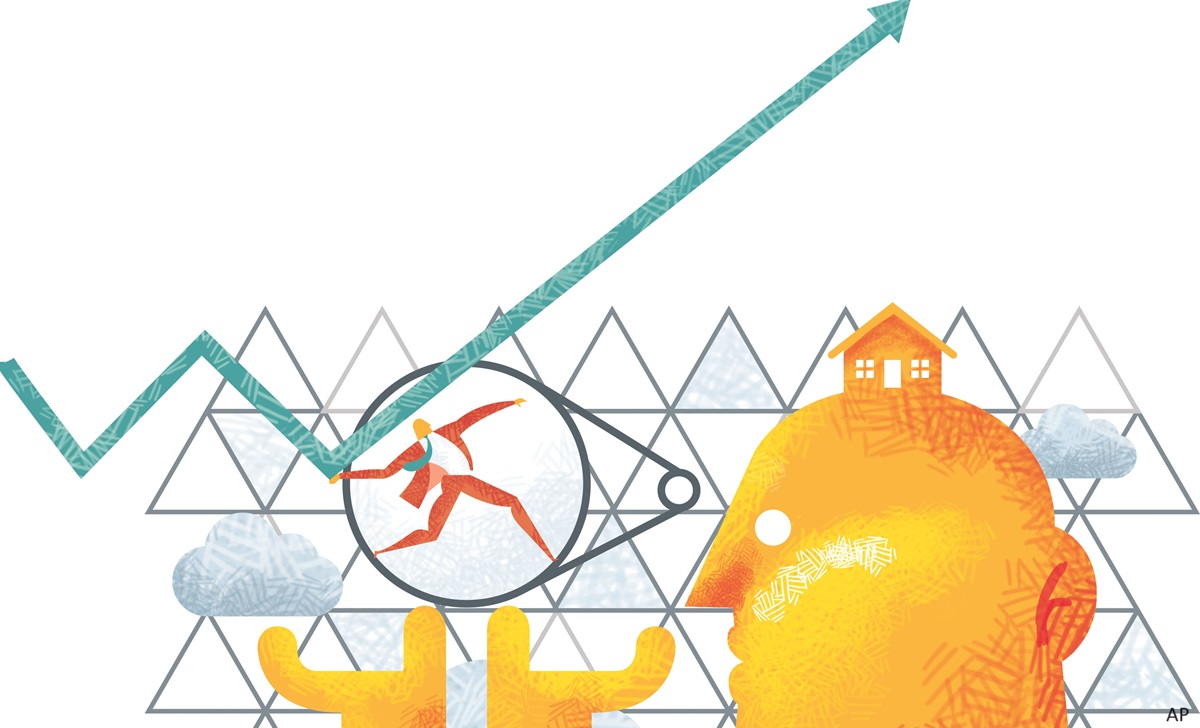
After keeping interest rates elevated for years, the Bank of Canada has started to unwind its monetary policy, with two rate cuts this year and more on the way. Among other consequences, falling interest rates encourage consumer spending – and borrowing. That includes credit cards. Consumers may end up with higher debt, as people are more likely to borrow and spend rather than save.
While interest rate cuts may not directly impact cardholders, the prospect of lower borrowing costs often leads to a reduced sense of caution about debt obligations. Recent Equifax Canada data shows credit card debt in Canada has surged to an eye-watering $122 billion, jumping nearly 14% from a year earlier to hit a fresh all-time high.
To understand how lower interest rates impact cardholders’ finances, lets do a quick back-of-the-envelope calculation based on a 0.75% reduction in credit card interest rates. With a $5,000 balance and a typical 20% APR, annual interest would be $1,000. A 0.75% cut would lower the APR to 19.25%, reducing annual interest to $962.50, resulting in $37.50 in savings. Though this number may seem small, it can lead to significant savings--or costs--over time, especially for those with high carried-over balances. Since credit card interest compounds, the costs can grow substantially if balances aren't paid off promptly.
A higher credit limit influences a cardholder's spending behaviour, particularly in a low-interest-rate environment, according to personal finance expert and insolvency trustee Doug Hoyes of Hoyes, Michalos & Associates. “If you don’t have money, you can’t spend it,” he says. “If you have access to money, it is more likely you will spend it.”
A High Credit Limit Isn’t a Badge of Honor
While an offer of a higher credit limit signals a cardholder’s creditworthiness, Hoyes cautions that it shouldn't be viewed as a medal. “You are not receiving a prize,” he says. “The bank wants to make money, and that’s why they are making the offer, so you should be wary.”
An enhanced credit limit creates an illusion of greater spending power. “If you always pay your credit card in full each month, the bank isn’t making any money off interest, so by increasing your credit limit, they may encourage you to carry a balance, which increases their profits,” he says.
Once a customer demonstrates a good history of timely payments, it costs nothing for the bank to increase their credit limit. “The bank can now potentially earn more interest,” says Hoyes, adding that “it’s a win for the bank, provided the borrower continues to make their payments.”
Hoyes says there’s another reason banks make such offers. They want to make money from the difference, or a spread, between what they pay depositors for their savings and what they charge borrowers in interest on loans.
Given that interest rates are still higher than they were at the peak of the covid-19 crisis, people are more likely to keep their money in the bank, giving banks more funds to lend out. “So, if you are getting an offer from the lender, it’s likely a combination of your creditworthiness and the banks having money they want to lend and make money on the spread,” says Hoyes.
Should You Take the Bait on a Higher Credit Limit?
With double-digit interest rates, credit card debt is the costliest of all borrowing. If the lender increases your limit, there’s a good chance you may spend more on your card and consequently pay more in interest.
Worsening debt levels for Canadian consumers corroborate this. According to an Equifax Canada report, total consumer debt in Canada topped $2.5 trillion last quarter, up 4.2% from the previous year. Credit card borrowing significantly drove that increase, with outstanding balances reaching $122 billion. On average, Canadian cardholders now carry over $4,300 in credit card debt, a level not seen since 2007. Worse, it’s now taking Canadians longer than ever to pay off such debt.
Hoyes notes that if a borrower is not disciplined enough to pay in full each month, the extra credit could cause them to spend and pay excess interest, hurting their financial wellbeing. “The risk to accepting an offer is that you have now borrowed more money and likely have a larger interest payment to make each month,” he adds.
While it may make sense to accept the offer if you really need the money on a short-term basis and can afford to repay it, “often, the correct response is ‘Thanks but no thanks,’” says Hoyes.
A credit card is not free money. Ultimately, the decision to accept or decline more credit rests on whether you have the financial wherewithal and discipline to manage your card usage and pay the balance in full each month. Only borrow if you are borrowing for a specific need and can repay on time. “If you know that in three months you will receive a significant tax refund, borrowing now may be acceptable because you know you will have the funds to repay the loan,” says Hoyes.
A Higher Credit Limit Hurts Your Score
Another downside to accepting a credit limit increase is the potential impact on your credit score, which could hinder your ability to secure other types of loans.
“If you plan to borrow for other purposes, consider how accepting the offer of an increased credit card limit will impact your future ability to borrow,” says Hoyes. For instance, if you agree to a higher credit limit and later apply for a car loan or mortgage, your application might be denied due to an excessive total debt load.
Even if it is underutilized, having high available credit, could negatively impact one’s credit score. Lenders may view it as a risk, considering that the borrower could potentially max out all that credit at any time.
Expect the Unexpected
Most of us don’t have the time or patience to carefully read through every clause and condition buried in the fine print of lending terms. It’s therefore prudent for borrowers to weigh the possibility of sudden and unexpected changes to these terms.
A credit card is essentially a demand loan. If you miss payments, fall behind on other debts, or your credit score declines, the card issuer can require you to pay off your balance in full immediately. Extreme financial events and systemic failure can also trigger sweeping changes to borrowing agreements. Some of these changes could include banks suddenly reducing credit card limits, increasing interest rates, or demanding consumers pay off outstanding credit card balances in full.
“Credit cards and lines of credit are ‘open’ loans, meaning the bank can reduce or cancel them at any time,” Hoyes cautions. “If the lender thinks you are a higher risk, or if they are worried about the economy, they can reduce your credit line.” Never consider your credit card to be an emergency fund. It isn’t. “It can disappear at any time, so you should not rely on it,” he adds.









:quality(80)/cloudfront-us-east-1.images.arcpublishing.com/morningstar/UEGBDMVEKZHSPOTU7BXUZMQEQA.jpg)










